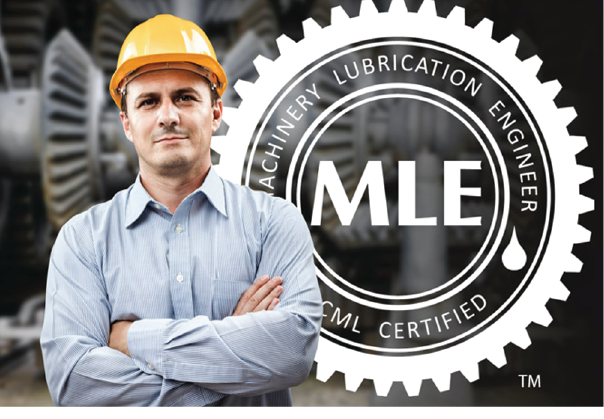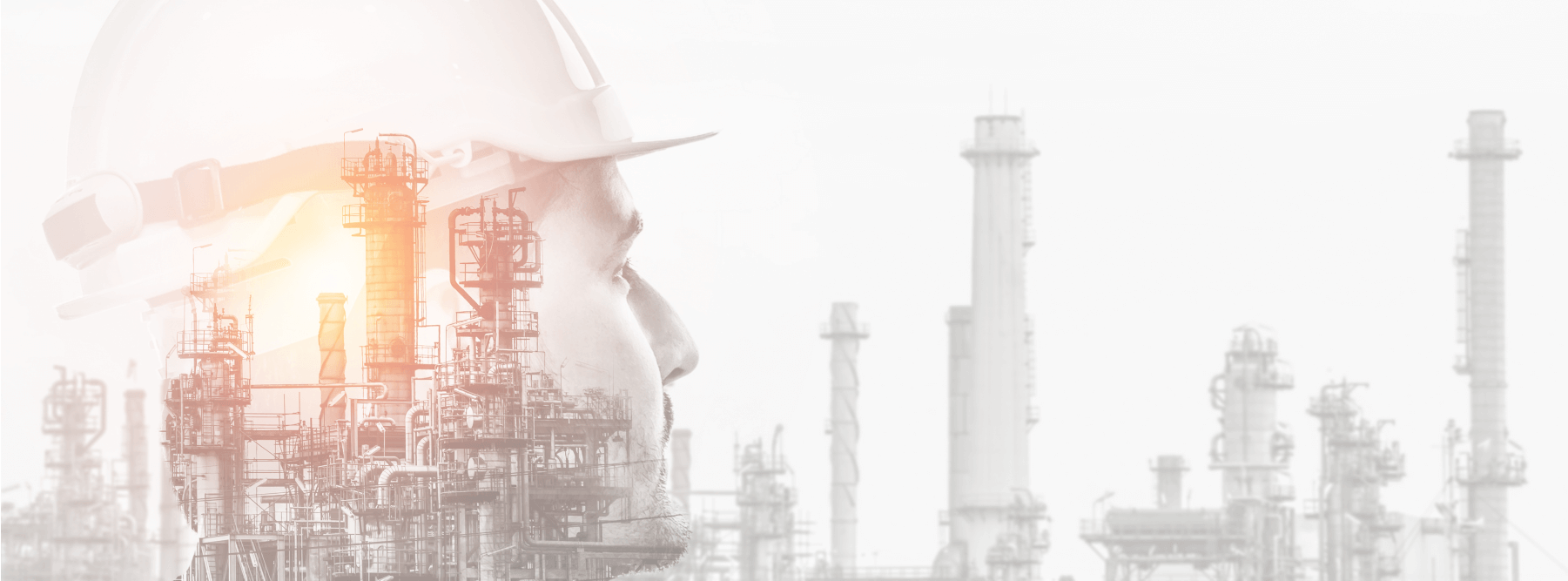CRE Philippines now offers Machinery Lubrication Engineer (MLE) training. This training is the highest title in the field of machinery lubrication. This training also integrates the major subjects in Machinery Lubrication and Oil Analysis Training.

MLE complies with the requirements of ICML 55.1. ICML 55.1 covers the standards for the best practices in lubricated asset management. It provides organizations a roadmap to achieving reliability and sustainability. It tackles subjects on environmental issues, integration of new technologies, and building competencies.
Requirements for Machinery Lubrication Engineer
Students do not need to hold an engineering degree or other ICML certifications. Still, it is more helpful to have prior knowledge on maintenance philosophies, fundamentals of lubrication, and oil analysis. To apply, candidates must have 5 years experience or education in the field of machine maintenance, lubrication, oil analysis, and condition monitoring. To get certified, candidates need to achieve a score of 70% out of 150 questions to get certified.
Who should get certified?
If you manage technicians, lube men, operators, inspectors, or engineers, it helps to secure validation for your competencies through certification. As a Machinery Lubrication Engineer, you may also pursue careers in consulting, advising, or management.
Responsibilities of a Machinery Lubrication Engineer
While responsibilities may differ in every organisation, here are some responsibilities an MLE professional may manage:
- Selecting the right lubricant
- Determining needed equipment modification
- Creating contamination control programs
- Setting and defining targets and limits
- Implementing standards and work orders
- Managing work orders and tasks
- Defining and managing training requirements of personnel
- Conducting root cause analysis and failure modes and effects analysus
- Establishing vendor compliance standards
Topics Covered in MLE Training
In MLE training, students will learn a holistic approach on lubrication excellence. Here are the topics included in the training:
- Fundamentals of Machine Reliability and Asset Management
- Maintenance Philosophies
- The Basic Elements of Condition Based Maintenance
- Lubrication
- Lubricant Composition and Formulation
- Oil Analysis test slates or parameters
- Lubrication-related tasks and responsibilities
- Best Practices for lube storage and handling
- Identifying and managing the risks in lubrication
- Engineering and equipment modification requirements
- Planning, scheduling, and managing tasks and work orders
- Conducting onsite inspections and troubleshooting
- Setting standards and procedures in lubricant purchasing and receiving
- Energy conservation and environment protection
- Best practices in lubricant waste disposal and reclamation
- Conducting FMEA and RCA
- Creating economic and financial justifications such as CBA
- Setting the right key result area and performance indicators
- Implementing continuous improvements
Source: machinerylubrication.com



